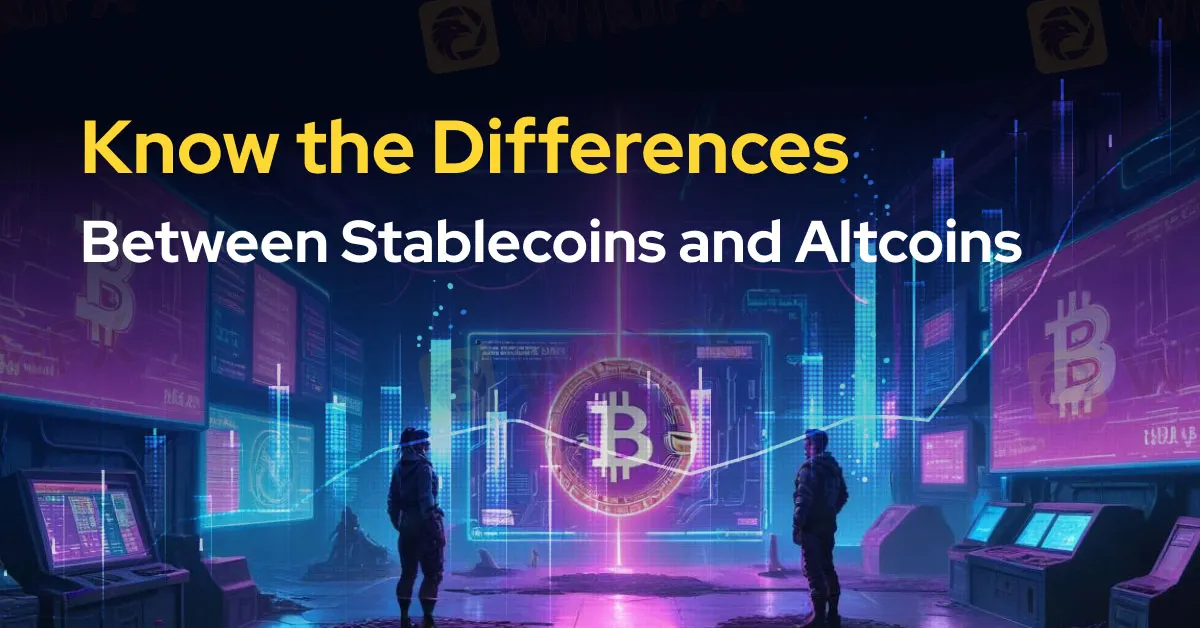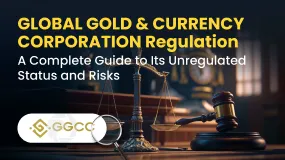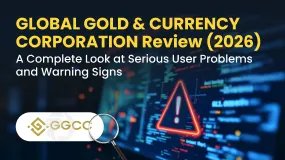Abstract:Learn the differences of stablecoins and altcoins from this article.

In the ever-evolving landscape of cryptocurrency, two distinct types of digital assets have emerged prominently: stablecoins and altcoins. While both belong to the broader category of cryptocurrencies, they serve fundamentally different purposes and exhibit contrasting characteristics. For traders navigating the complexities of digital markets, grasping these differences is crucial for informed decision-making and strategic investments.

Stablecoins are designed to minimize the volatility that plagues many traditional cryptocurrencies like Bitcoin and Ethereum. The primary objective of stablecoins is to maintain a stable value relative to a specific asset or basket of assets. This stability is typically achieved through pegging to fiat currencies (e.g., USD, EUR) or commodities (e.g., gold).
Stablecoins employ various mechanisms to ensure price stability. Firstly, fiat-collateralized stablecoins are backed by reserves of fiat currency held in banks, providing a 1:1 pegging. Secondly, crypto-collateralized stablecoins are supported by other cryptocurrencies held in reserve, managed through smart contracts to maintain stability. Lastly, algorithmic stablecoins use algorithms that dynamically adjust the coins supply based on demand to stabilize its value.

Contrasting with stablecoins, altcoins (short for alternative coins) encompass a vast array of cryptocurrencies that are not Bitcoin. They vary widely in purpose, function, and underlying technology. Altcoins are often developed to address specific use cases beyond basic peer-to-peer transactions, such as smart contracts, decentralized applications (dApps), or privacy-focused transactions.
Altcoins exhibit a diverse range of functionalities. Firstly, utility tokens are used to access or facilitate transactions within specific networks or platforms (e.g., Ethereum's Ether). Secondly, privacy coins are designed to enhance user anonymity and transaction confidentiality (e.g., Monero, Zcash). Lastly, platform coins serve as the foundation for decentralized applications and smart contracts (e.g., EOS, Cardano).
In summary, stablecoins prioritize stability, mimicking the value of traditional assets, whereas altcoins serve diverse functions beyond mere store-of-value. Stablecoins aim to minimize price fluctuations, making them suitable for transactions and hedging against market volatility. Altcoins, on the other hand, can experience significant price swings influenced by market sentiment and technological developments. Stablecoins are predominantly used for transactions and as a medium of exchange, whereas altcoins can serve various specialized functions within blockchain ecosystems.
In the dynamic realm of online trading and cryptocurrency investment, distinguishing between stablecoins and altcoins is essential for crafting effective trading strategies and managing risk. While stablecoins offer stability and liquidity akin to traditional assets, altcoins present opportunities for innovation and participation in emerging blockchain applications. By understanding these distinctions, traders can navigate the complexities of the crypto market with greater confidence and insight.
As both stablecoins and altcoins continue to evolve alongside regulatory frameworks and technological advancements, their roles in the digital economy are likely to expand, providing new avenues for investors and consumers alike to engage with blockchain technology.












